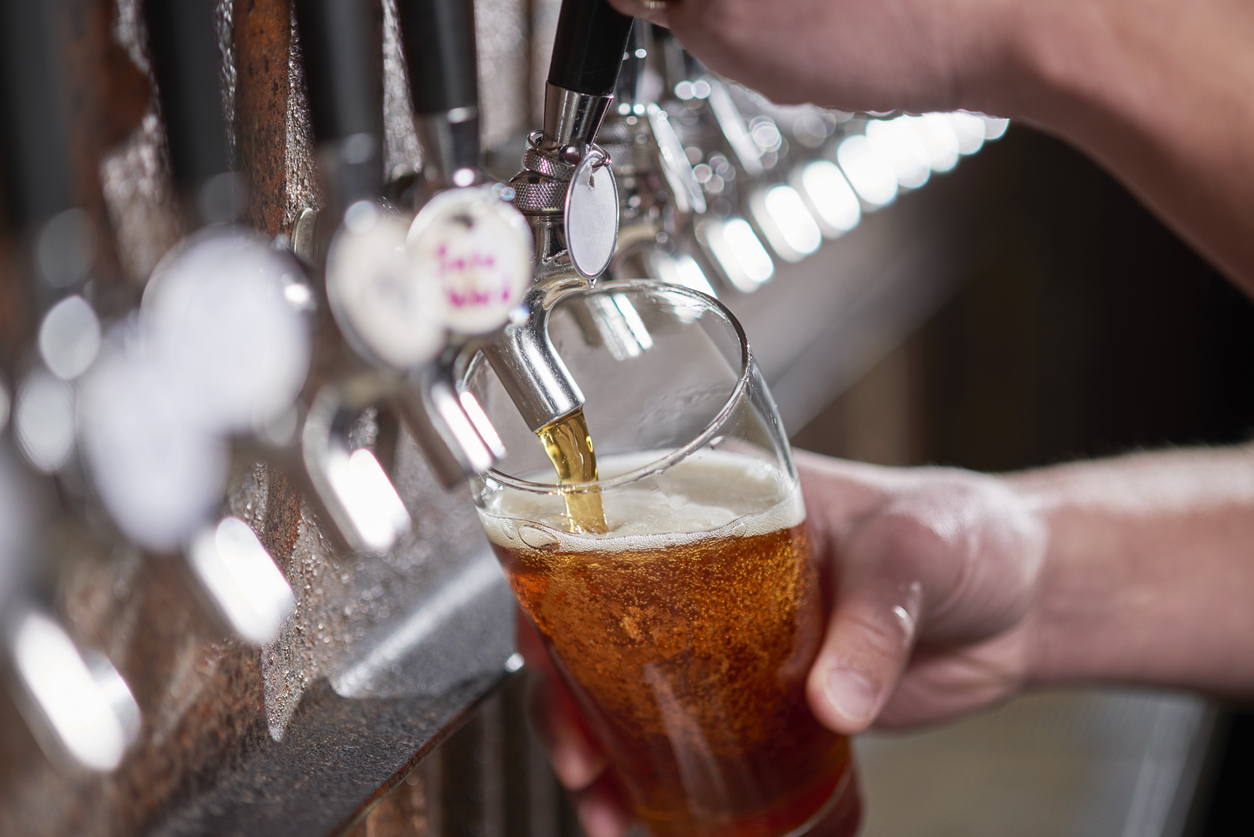
When a police officer pulls over a driver for suspected DUI or DWI, the officer will usually have the driver exit the vehicle and perform a number of physical tests. These tests are voluntary and are used to provide probable cause and substantial evidence for a police officer to arrest a person for DUI. The most common field sobriety tests used in Maryland are the Horizontal Gaze Nystagmus Test, the One-leg Stand Test, and the Walk and Turn Test.
HORIZONTAL GAZE NYSTAGMUS TEST (HGN)
In this test, the police officer will be looking at what the driver’s eyes are doing. Horizontal gaze nystagmus is an involuntary jerking of the eye that occurs when the eyes look to the side or at a certain angle. HGN is involuntary and is more pronounced in someone who has consumed alcohol. When performing the HGN test, the police officer holds a pen or a finger about 12 inches away from your face and moves it from side to side while you follow it with your eyes. The officer will look to see if your eyes follow the object smoothly or if there is any jerking movement.
WALK AND TURN TEST (W&T)
In this test, the police officer will ask you to take a certain number of steps forward in a heel-to-toe manner. The police officer will then ask you to turn and walk the other direction in the same manner. While you are performing the test, you will also be asked to count your steps. The police officer will look to see if you stumble, lose your balance, take an incorrect number of steps, begin before being instructed to, turn improperly or put too much space between your heel and toe. These signs can be used as a sign that you’re impaired.
ONE-LEG STAND TEST (OLS)
This test is designed to measure your balance, usually while your mental attention is focused somewhere else. The police officer will typically ask you to stand with one foot lifted about six inches off the ground and to slowly count while you stand there. Your arms will remain at your side, and you cannot raise them to maintain your balance. During this test, the officer will look for clues that you may be intoxicated such as whether you are placing your foot on the ground, raising your arms, swaying, or hopping.
CONTACT AN EXPERIENCED MARYLAND DUI ATTORNEY
If you’ve been arrested for DUI as the result of a failed field sobriety test, you want an attorney with field sobriety test expertise. Andrew Alpert is one of only a few lawyers in Maryland who is a certified NHTSA Standardized Field Sobriety Test Instructor, so he knows the ins and outs of these tests. Contact Alpert Schreyer Criminal Defense Attorneys for a free consultation at (301) 262-7005
Contact the DUI Attorneys at Alpert Schreyer Criminal Defense Attorneys in Maryland for Help Today
For more information, contact Alpert Schreyer Criminal Defense Attorneys to schedule a confidential consultation with a DUI attorney. Our team is available to assist clients in Lanham, Frederick, Rockville, Waldorf, Annapolis, and Lexington Park, Maryland.
We proudly serve Prince George’s County, Frederick County, Montgomery County, Charles County and the surrounding areas. Visit our law offices at:
Alpert Schreyer Criminal Defense Attorneys – Lanham Office
4600 Forbes Blvd Ste 201 Lanham, MD 20706
(301) 262-7005
Available 24/7
Alpert Schreyer Criminal Defense Attorneys – Frederick Office
25 E Patrick St #200 Frederick, MD 21701
(301) 381-1993
Available 24/7
Alpert Schreyer Criminal Defense Attorneys – Rockville Office
11140 Rockville Pike 550-J Rockville, MD 20852
(301) 364-3195
Available 24/7
